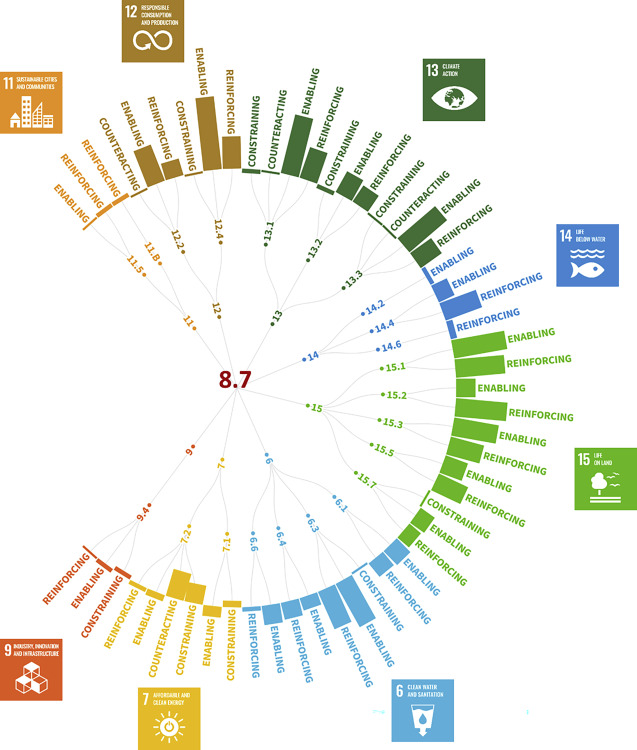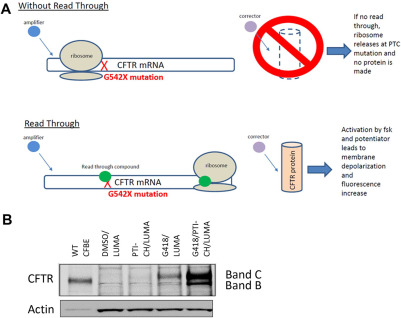Plastic products have played significant roles in protecting people during the COVID-19 pandemic. The widespread use of personal protective gear created a massive disruption in the supply chain and waste disposal system. Millions of discarded single-use plastics (masks, gloves, aprons, and bottles of sanitizers) have been added to the terrestrial environment and could cause a surge in plastics washing up the ocean coastlines and littering the seabed.
Building and Environment will host a series of free webinars on COVID-19 Control. The second webinar of the series will feature 2 presentations from experts in the field on the following topics: COVID-19 and indoor and outdoor sports, presented by Bert Blocken, Professor of Civil Engineering, Eindhoven University of Technology, the Netherlands & KU Leuven, Belgium. Efficient reduction of airborne transmission by advanced ventilation, presented by Arsen K. Melikov, Professor of Ventilation and Air Distribution, Technical University of Denmark, Denmark.
In this third conversation of the “World We Want” podcast series, RELX’s Global Head of Corporate Responsibility, Dr Márcia Balisciano, talks to Dr. Heinz Fischer about leadership.
A call for research into how planetary health, specifically public health, is linked to climate change and how humans are changing the planet. Climate change and biodiversity loss are impacting human immunity and disease outbreaks
AMPK plays a key role in both diabetes mellitus (DM) and Alzheimer's disease (AD) - targeting this biomolecule and understanding the relationship with DM provides new hope for the treatment of AD
Proposes pathways towards a sustainable and JUST future.
Highlights issues to be aware of when designing adaptation policy and calls for greater attention to the social justice implications in the policy design process.
Cystic fibrosis (CF) is caused by a mutation of the Cystic Fibrosis Transmembrane Conductance Regulator (CFTR) gene, which disrupts an ion channel involved in hydration maintenance via anion homeostasis. Nearly 5% of CF patients possess one or more copies of the G542X allele, which results in a stop codon at residue 542, preventing full-length CFTR protein synthesis. Identifying small-molecule modulators of mutant CFTR biosynthesis that affect the readthrough of this and other premature termination codons to synthesize a fully functional CFTR protein represents a novel target area of drug discovery. We describe the implementation and integration for large-scale screening of a homogeneous, 1536-well functional G542X-CFTR readthrough assay. The assay uses HEK 293 cells engineered to overexpress the G542X-CFTR mutant, whose functional activity is monitored with a membrane potential dye. Cells are co-incubated with a CFTR amplifier and CFTR corrector to maximize mRNA levels and trafficking of CFTR to the cell surface. Compounds that allow translational readthrough and synthesis of functional CFTR chloride channels are reflected by changes in membrane potential in response to cAMP stimulation with forskolin and CFTR channel potentiation with genistein. Assay statistics yielded Z′ values of 0.69 ± 0.06. As further evidence of its suitability for high-throughput screening, we completed automated screening of approximately 666,000 compounds, identifying 7761 initial hits. Following secondary and tertiary assays, we identified 188 confirmed hit compounds with low and submicromolar potencies. Thus, this approach takes advantage of a phenotypic screen with high-throughput scalability to identify new small-molecule G542X-CFTR readthrough modulators.
Elsevier,
Economic Effects of Natural Disasters, Theoretical Foundations, Methods, and Tools, 2021, Pages 77-95
This book chapter advances SDG 5 and 13 by unpacking the gendered nature of economic dimensions of climate change and identifing that climate change needs to be seen as a pervasive economic issue impacting men and women differently.



